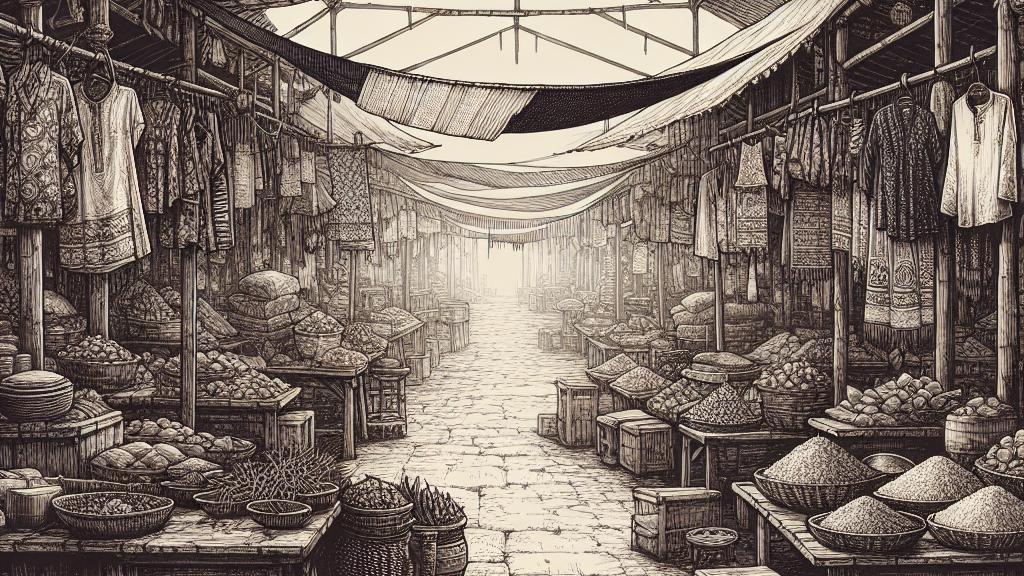Tragedy Strikes Busy Market in Sudan: Shelling Leads to Many Casualties
Overview
- Devastating shelling in Omdurman, Sudan, results in tragic civilian casualties.
- Local medical facilities struggle under the weight of injured citizens.
- Ongoing civil conflict continuously endangers innocent lives in the region.

Shelling in Omdurman
In a shocking turn of events, Omdurman—a city usually bustling with life—became the center of a tragedy that unfolded in minutes. On a day meant for commerce and connection, shells fell from the sky, transforming the Sabreen market into a horrifying scene reminiscent of a war zone. The Rapid Support Forces (RSF) are alleged to have launched the brutal attack, claiming over 100 lives, with women and children making up a heartbreaking majority of the casualties. Witnesses shared chilling accounts of panic as the blasts erupted in the midst of normal market activity, turning ordinary shopping trips into desperate struggles for survival. The market, once a place of laughter and community, now echoed with cries of despair and loss.
Impact on the Healthcare System
In the aftermath, the local healthcare system faced an overwhelming crisis, swamped with injured individuals in desperate need of attention. Al Nao hospital, for instance, found itself besieged by an influx of trauma cases, forcing medical professionals to make heart-wrenching decisions as they fought to save lives. The Sudanese Doctors' Union issued an urgent call, seeking additional help from nearby areas due to the severe shortage of medical personnel. Amid chaos and confusion, staff worked tirelessly, but the grim reality of their limitations hit hard. With exhausted doctors performing miraculous feats under duress, the need for global humanitarian support intensified, underscoring the fragility of healthcare in a war-torn region.
The Ongoing Humanitarian Crisis
Sudan's continuing civil conflict has created an ongoing humanitarian disaster that stretches far beyond the immediate violence. For over 22 months, everyday life has been transformed into a battle for survival, where even the most basic acts, such as shopping for food, have become life-threatening. The RSF and the Sudanese army seem locked in an unending power struggle, with civilians tragically caught in the crossfire of this relentless conflict. Such deliberate attacks are not merely tactical maneuvers; they aim to instill fear and disrupt the lives of innocent families. The world, therefore, must act—not only to alleviate suffering but to advocate for peace and justice. The plight of the Sudanese people deserves urgent attention and compassion from the international community, as their resilience against overwhelming odds must not go unnoticed.

Loading...